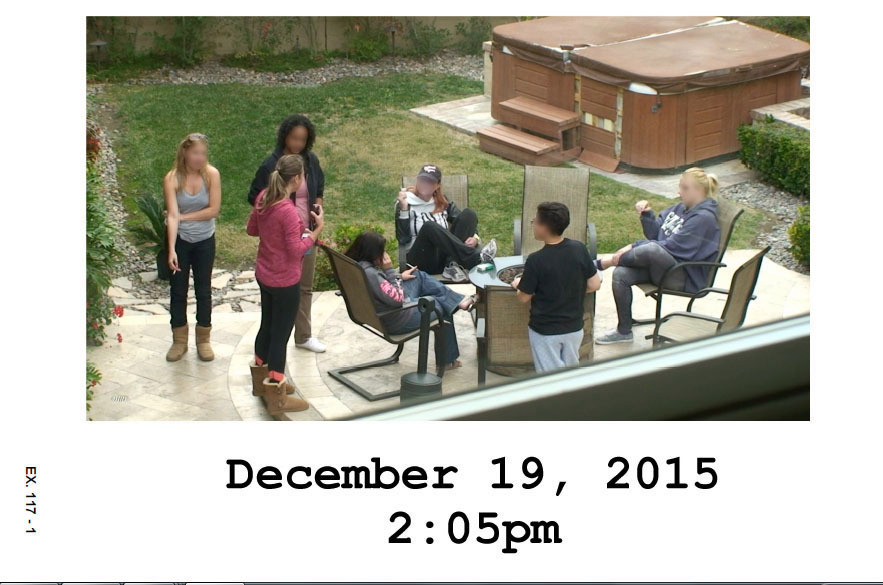The Concord Naval Weapons Station project, the Bay Area’s largest planned housing development, has stalled out yet again.
At the end of a two-hour special meeting on Saturday, the Concord City Council voted to end negotiations with the project developer, in what likely spells another multi-year setback for the controversial mega-development that has been in the works for two decades.
The city has been consistent in its demand the development includes more affordable housing than the state requires.
The deal ultimately fell through over concerns about the amount and type of affordable housing, and the involvement of developer Albert Seeno III, who is currently in multiple legal battles with his father over control of the family’s building empire.
At Saturday’s meeting, Councilmembers Laura Nakamura and Carlyn Obringer said they didn’t trust Seeno to develop the sprawling 2,275-acre site into over 10,000 homes, new schools, parks, and commercial and retail centers.
“The residents of Concord have not agreed to important aspects of this proposal, and that must happen first,” Nakamura said. “To me, it’s as simple as that.”
The council voted 3-2 to allow a term sheet — a draft of a contract for the project — with Concord First Partners and a consortium of developers that includes Seeno III, to expire on Jan. 31. Earlier this month, the council had delayed its decision on whether to accept the contract until Saturday.
“We have a wonderful term sheet here. … But if you don’t want us, you’ve got to set us free,” Seeno said at Saturday’s meeting.
This isn’t the first time Concord has failed to come to a deal to develop the former weapons site. The city parted ways with the project’s previous developer, national homebuilding giant Lennar Corp.
Concord wants a guarantee that local labor is used, which was a sticking point with Lennar. The company pulled out of the project in March 2020 when its initial exclusive negotiating agreement expired and its negotiations with local labor unions failed.
Now that the city no longer has an exclusive negotiating agreement with Concord First Partners, a development group, other developers can present proposals to the city, according to Nakamura.
“Before now other developers could not have submitted term sheets. The city would not have accepted them,” Nakamura said.
Mayor Laura Hoffmeister, who along with Nakamura and Obringer voted to end negotiations, asked city staff to return with the potential next steps for the project in the coming weeks.
Staff reporter Rachel Heimann Mercader and Bay City News contributed to this report.










